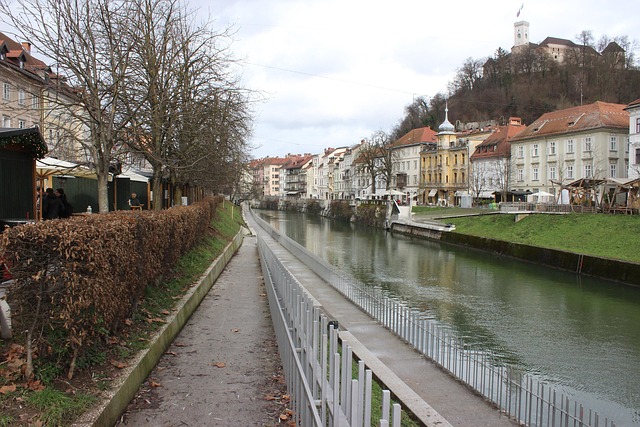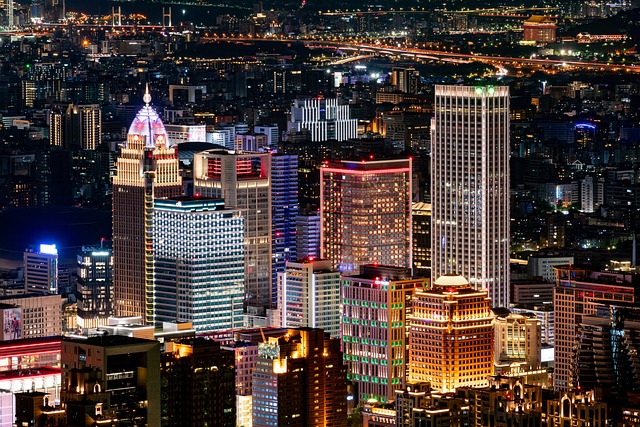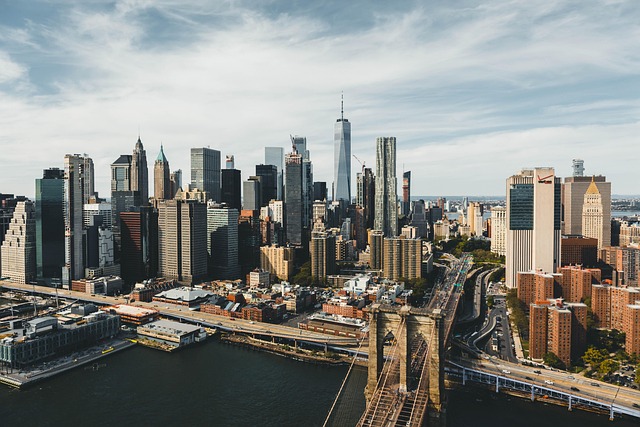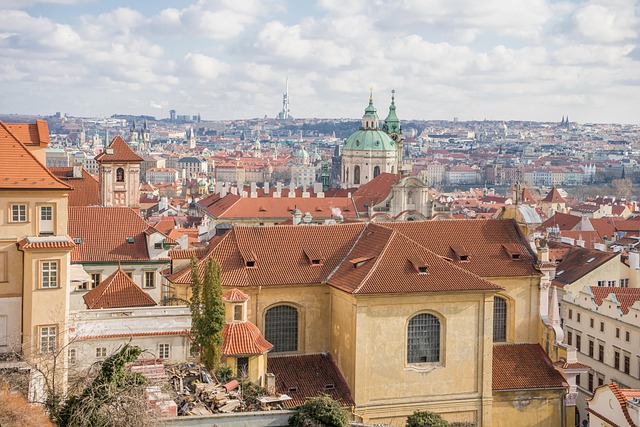“Explore the vibrant heart of Karachi’s bustling streets—Babar Market. This historic trading hub has woven itself into the city’s soul since its inception. With a rich history dating back decades, it stands as a testament to Karachi’s diverse cultural tapestry. The market is easily accessible, offering a unique blend of traditional and modern experiences. From local crafts to international delicacies, Babar Market caters to all. However, it faces challenges in keeping up with the city’s evolving landscape. Discover the cultural impact and intricate details of this vibrant karachi institution.”
- History and Origin of Babar Market in Karachi
- Location, Access, and Infrastructure
- Goods and Services Offered
- Cultural Impact and Challenges Faced
History and Origin of Babar Market in Karachi

Babar Market, a vibrant and historic hub in the heart of Karachi, has been a testament to the city’s bustling commercial landscape for decades. Its origins can be traced back to the early 20th century when the British colonial influence was still prevalent. The market was named after Emperor Babar, reflecting its rich cultural heritage and historical significance. Over time, it evolved from a modest trading post to a bustling center of commerce, attracting locals and visitors alike for its diverse range of goods and services.
Karachi’s strategic location as a major port city played a pivotal role in the market’s development. It became a gateway for merchants from various regions, facilitating the exchange of goods and fostering economic growth. The market’s history is intertwined with the city’s transformation into a vibrant metropolis, showcasing its ability to adapt and thrive amidst changing times. Today, Babar Market stands as a symbol of Karachi’s rich cultural tapestry, offering a unique blend of traditional charm and modern-day convenience.
Location, Access, and Infrastructure

Babar Market is a vibrant and bustling hub located in the heart of Karachi, Pakistan’s largest city. Its prime location makes it easily accessible from various parts of the metropolis, attracting both local folks and tourists alike. The market is situated along a labyrinthine network of narrow lanes, nestled between historic buildings, which adds to its unique charm.
The infrastructure at Babar Market is designed to accommodate a diverse range of shoppers. Ample parking spaces and well-maintained footpaths ensure a seamless shopping experience. The market boasts a variety of stores selling everything from traditional textiles and handicrafts to modern electronics and fashion accessories. This diverse selection, coupled with reasonable prices, makes it a popular destination for those seeking both everyday essentials and unique, out-of-the-box items.
Goods and Services Offered

Babar Market in Karachi is a vibrant hub that offers an extensive array of goods and services catering to diverse needs and tastes. From fresh produce and traditional textiles to a wide range of clothing, electronics, and household items, the market is a one-stop destination for both locals and tourists. It’s not just about shopping; Babar Market is also renowned for its street food scene, where you can savour authentic local delicacies.
The market’s diversity extends beyond merchandise. It hosts various service providers, including repair shops, beauty salons, and tailor shops, ensuring that visitors can find everything they need under one roof. The lively atmosphere, combined with the rich cultural heritage of Karachi, makes Babar Market a unique shopping experience, reflecting the city’s dynamic and multifaceted character.
Cultural Impact and Challenges Faced

Babar Market, nestled in the heart of Karachi, is a vibrant and bustling hub that goes beyond being just a shopping destination. It serves as a cultural tapestry where the city’s diverse communities converge, creating a unique atmosphere that reflects the city’s rich heritage. The market has become a symbol of Karachi’s dynamic identity, attracting both locals and tourists seeking an authentic experience.
However, alongside its cultural significance, Babar Market faces challenges typical to rapidly evolving urban spaces. The dense population and limited infrastructure put pressure on the market’s resources, demanding sustainable solutions for waste management, traffic congestion, and access to basic services. Despite these hurdles, the market remains a testament to Karachi’s resilience and adaptability, where folks foster a spirit of community and innovation as they navigate its labyrinthine alleys.

Leave a Reply
You must be logged in to post a comment.